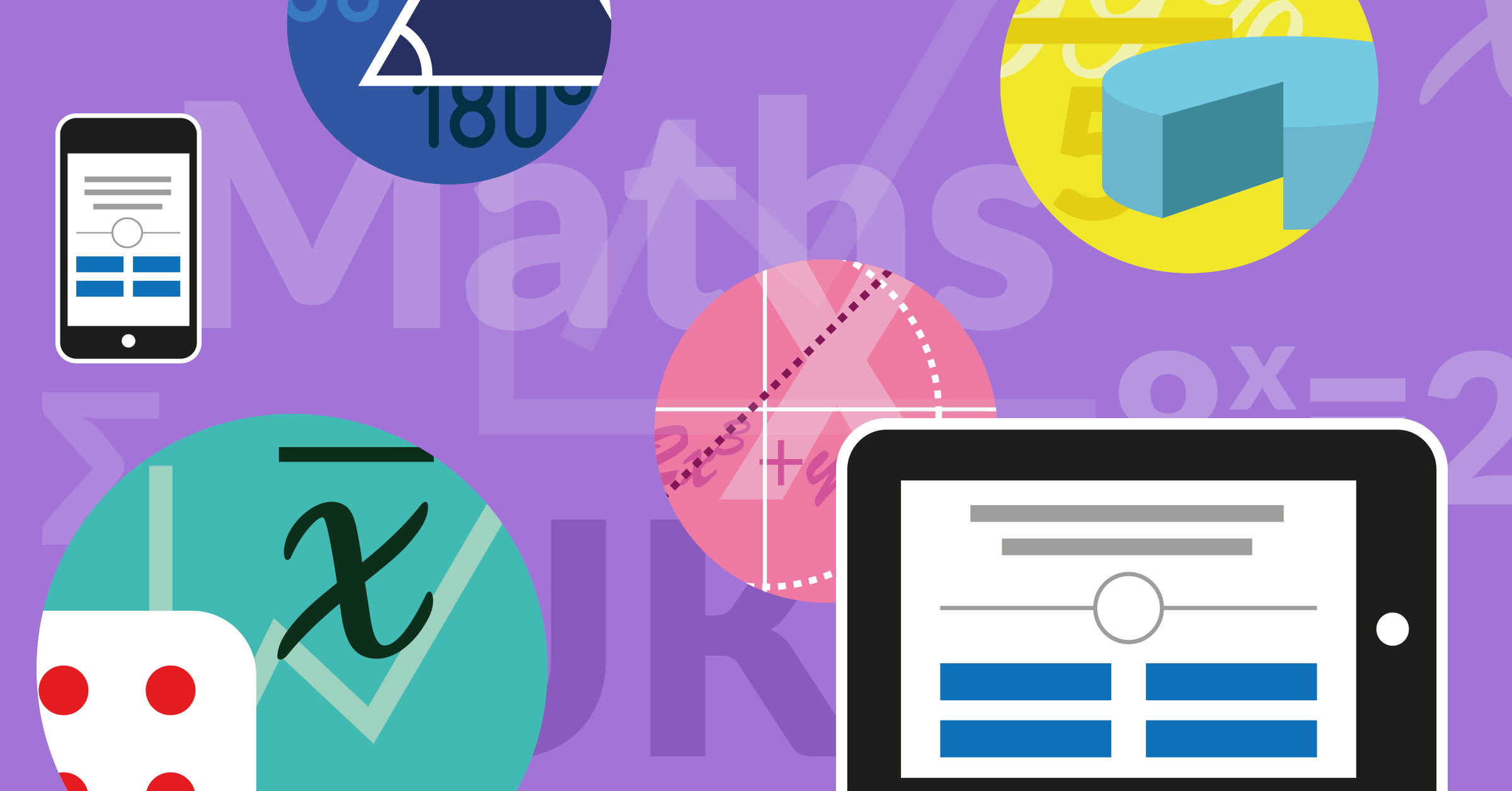How a new breed of edtech apps are bringing maths out of the doldrums with engaging mobile gameplay
Maths – an academic discipline often deemed (by children and adults alike) as one of the blandest necessary evils of the national curriculum. The traditional methods often used to teach the subject have done little to challenge this perception, with standard textbook-based work being about as inspiring as watching the kettle boil.
Drudging and difficult, the subject has – over many years – faced a critical decline in students pursing it further; many abandoning it as soon as the GCSE hurdle’s been jumped.
With many turned off by maths altogether from early years of tedious study just nailing down the basics, it’s widely believed (and not just among a brethren of mathematicians, academics and scholars) that many are missing out on the opportunity to appreciate the true beauty and elegance of numbers.
Far from being merely about abstract figures and computations, maths is underpinned by finding reasoning and truth in the world and universe that surrounds us.
It’s mind-blowing to think that the apparent randomness of everything – right down to the trajectory behaviour of billions of particles chaotically colliding into on another other in the air we breathe – can be statistically calculated and predicted by maths. Maths proves that there is order in chaos. Einstein showed this to be the case, using his analysis of random trajectories to prove that our world is made of atoms.
But how do we unlock curiosity and wonderment in maths if, from our earliest experiences of the discipline, we know it to be boring and nothing more than a curricular chore? Driving engagement and love for maths at an early stage is absolutely crucial to appreciating it not just as a subject in later life but also as an essential everyday tool that helps us get by.
There is no doubt that learning the fundamental sums and memorizing the 12 times tables is dull, and it is now largely understood (in the wake of dwindling numbers of students taking up maths at higher level) that teaching methods must change in order to re-engage young minds to understand the potential of the subject.
One way to help improve educational methods is through an interactive math lesson. Brighterly offers personalized math classes for kids. Interactive maths lessons are a mixture of activities for teaching and learning maths, all of which are based around using technology.
Technology has come some way in disrupting the tedium. Some of the best edtech apps for smartphones, tablets and desktop computers employ gamification techniques and reward and recognition systems that make the whole learning process more engaging and fun. They speak in the language that children understand: gameplay, colour, interactivity and friendly competition. It is difficult to emulate that kind of dynamism using traditional methods of textbook and whiteboard.
There are, however, about 200,000 e-learning apps on the market. Isolating the ones best for classroom gameplay is a minefield to the time-pressed teacher. A further key failing of many education apps created is that they don’t collect data on student performance or present performance information in a simple and meaningful way that enables them to instantly spot those strengths and weaknesses.
One of the best in class apps on the market for the subject is DoodleMaths. It has risen through the ranks because its interactive content encourages children working on KS 1 to 4 to better their skills and increase their confidence. Like most edtech apps, it’s the brainchild of teachers, but what it does exceptionally well is in helping individual children progress in the subject at a pace that’s right for them. Bespoke teaching is an effective method for reinforcing strong areas and strengthening weak ones, and technology is now being leveraged to make that process run smoothly.
Quizalize’s partnership with DoodleMaths now means that all of the maths content needed to engage disengaged minds in class and at home is now available on Quizalize’s marketplace. What this also means is that DoodleMaths activities can be played on the Quizalize platform as a fun interactive quiz, pitting individual students against students or as class teams. Importantly, assessing performance through this gameplay will become even more effective – teachers will be able to gain vigorous insight on class and pupil performance as it is played with an integrated dashboard inbuilt into Quizalize. This invaluable display of information presented as printable reports and infographics, helps teachers to spot those all-important learning gaps so pupils can learn better and faster than ever before.
There are many ways in which teaching maths can be rejuvenated to drive a level of enjoyment in the subject, in a way never before achieved. While a complete shift from textbook work to technology may not be the answer, making the learning experience a multi-platform and multi-sensory one will go a lot further in capturing the imagination of today’s child and instil a passion for a much maligned and misunderstood subject.
